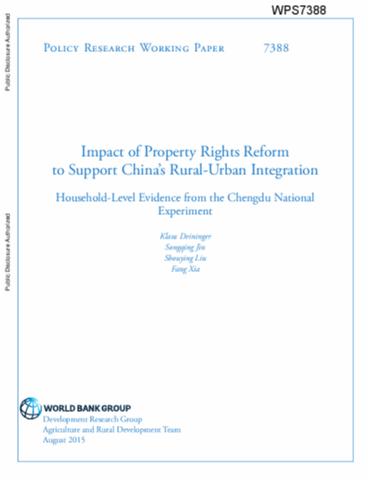GRI Index FY12
The response to the global reporting
initiative (GRI) indicators provides a brief introduction to
the World Bank’s (WB’s) complex suite of activities. The WB
consists of the International Bank of Reconstruction and
Development (IBRD) and the International Development
Association (IDA). Materiality is determined through an
assessment carried out based on GRI guidance. The assessment
evaluates the risks to the organization, the importance to



